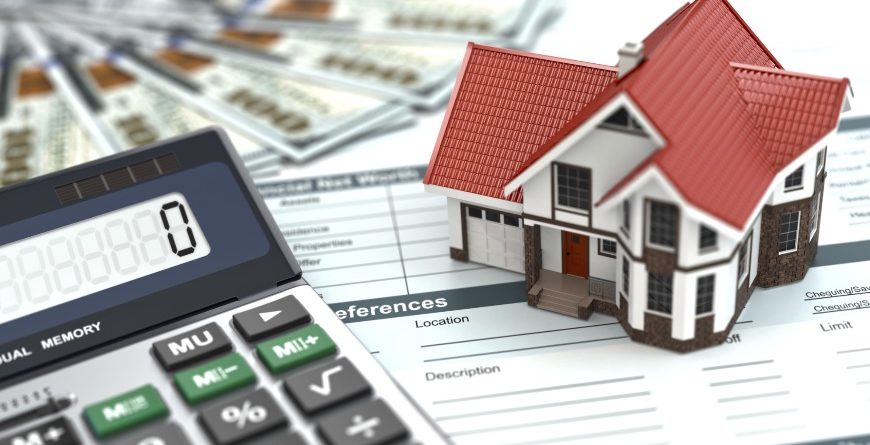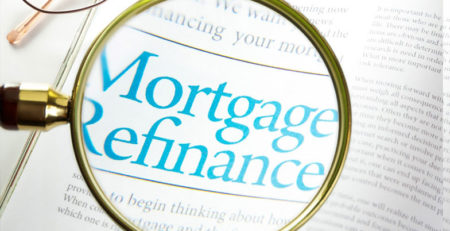Should You Refinance? Rates are near Historic Lows!
If you keep up with financial news every so often, you know that mortgage rates are near historic lows and it’s a great time to refinance.
With low interest rates, the potential benefits of a refinance of your mortgage rate leaves one question – Does refinancing makes sense for you?
Rates will likely not stay at these low levels for much longer!
We Answer Your Questions about Refinancing Basics
Are You Ready to Refinance?
If you recently purchased your home or borrowed on a mortgage, there is a contractual cool-off period in mortgage terms which refers to how long you have to wait before you can refinance.
This cool-off period usually applies to cash-out transactions, but may also be affected when home equity values are re-calculated based on a new home value appraisal prior to refinance.
What if You Want a Cash-Out Refinance?
If you’re looking to take cash out, there are some time restrictions before you can apply to refinance your mortgage.
For traditional agency mortgages, jumbo and VA loans the normal waiting period for a cash-out refinance is 6 months.
If you inherited the property, there is no waiting time unless the property has an FHA loan and the property was rented out by you since inheritance.
For investment property homeowners looking to refinance with cash-out, the FHA requires that you can show proof of living in the home for at least one year, if you have not lived in the home since moving back in for at least one year, you can only refinance the rate and/or term of your mortgage.
If you have an FHA loan that was started after September 14th, 2015, you must be on the title of the home for at least one year prior to a cash-out refinance. If you got your loan prior to that date, the waiting period is six months.
Getting Your Home Value Appraisal
Ready to re-appraise the value of your home? If you have lived in the home for longer than one year and carry an FHA, jumbo or VA loan, you are eligible for an appraisal to prove an increase in home value and increase in equity in your home.
For other types of agency loans from Fannie Mae or Freddie Mac, there’s no waiting time to get a re-appraisal, just time your application properly to coincide with strong home prices as the market fluctuates.
Refinancing your mortgage can result in lower monthly payments, lower interest payments and changes in the term or duration of your mortgage loan.
In some cases, homeowners want to reduce the payoff time on their mortgage and opt for a short duration mortgage refinance.
For those homeowners fortunate enough to show an increase in home value during an appraisal, you may qualify to remove the PMI or private mortgage insurance costs from your refinance. For those with FHA loans, a home value appraisal which shows an increase of home equity above 20% will make you eligible for a conventional mortgage refinance loan, another great option to remove FHA insurance costs on your mortgage payements.
Refinancing can be an excellent strategy to reduce your overall mortgage costs, maybe you choose to utilize the equity in your home to take cash out during the refinance to make improvements to your home and further increase the value!
What are The Costs to Refinance?
Now that you know the potential benefits resulting from a mortgage refinance, depending on the lender that you work with there are various fees in the mortgage market among the different loan products.
Origination Fees vary by lender and this can be the highest cost during the refinance process. If you are doing a refinance, make sure the money you save by lowering your payments is greater than the costs associated with refinancing – always take into account how many years you plan to live in the home.
Other potential fees during a mortgage refinance can be the cost to appraise the home, prepaid interest fees, prepaid tax fees and insurance fees related to setting up an escrow.
Other costs include appraisal fees, mortgage discount points, prepaid tax and insurance payments in order to set up an escrow account, etc.
Want to crunch some mortgage numbers? Check out our Refinance Rate Calculator!











